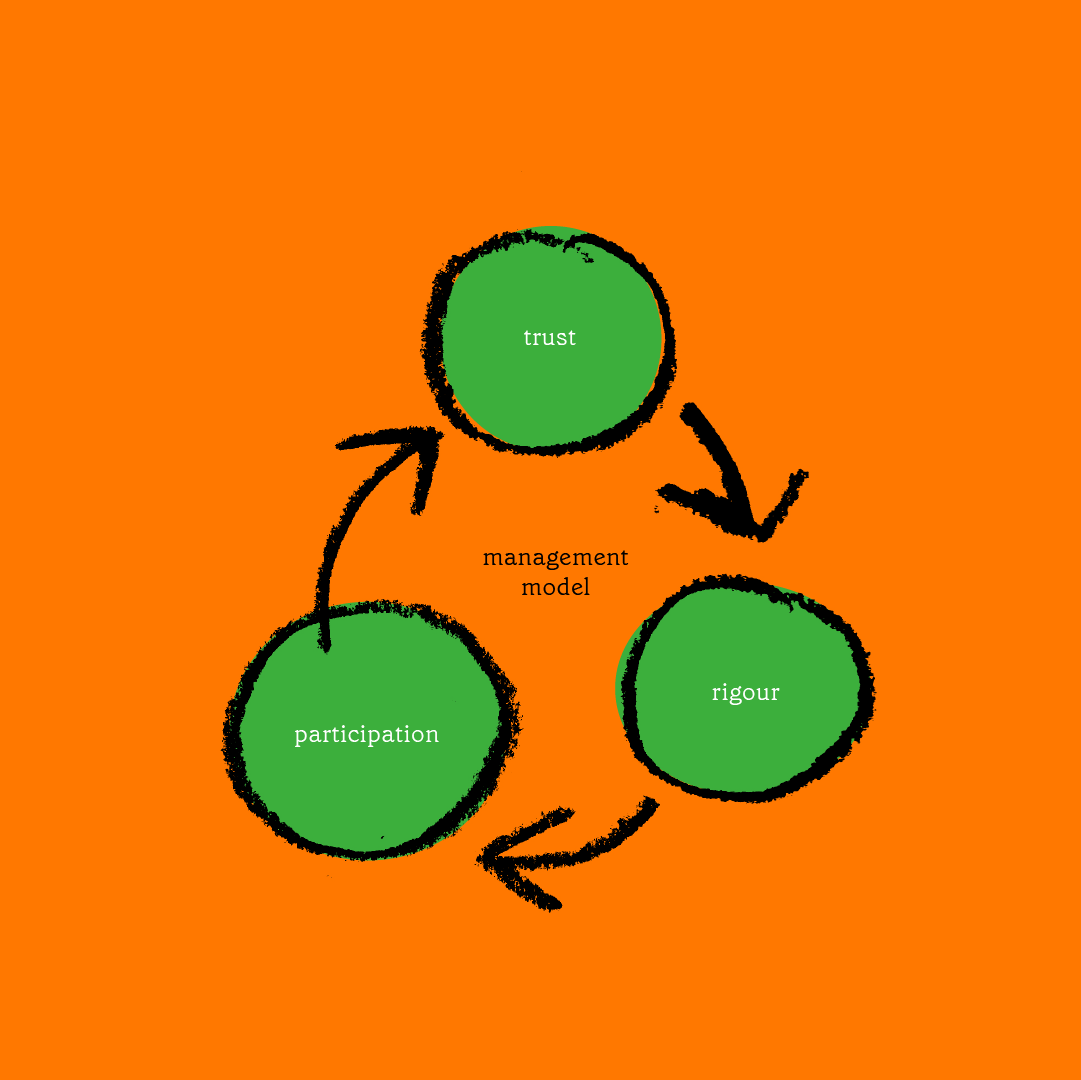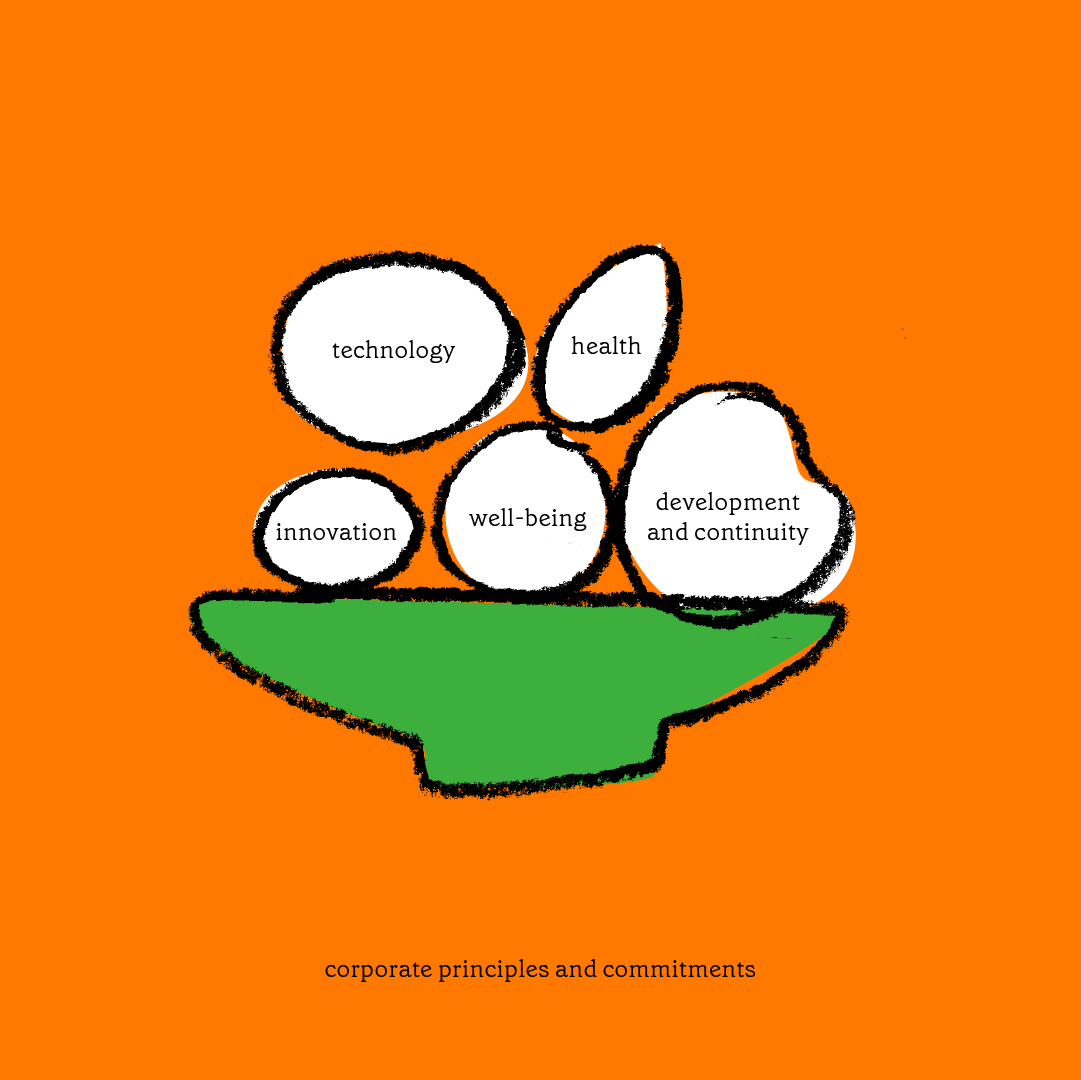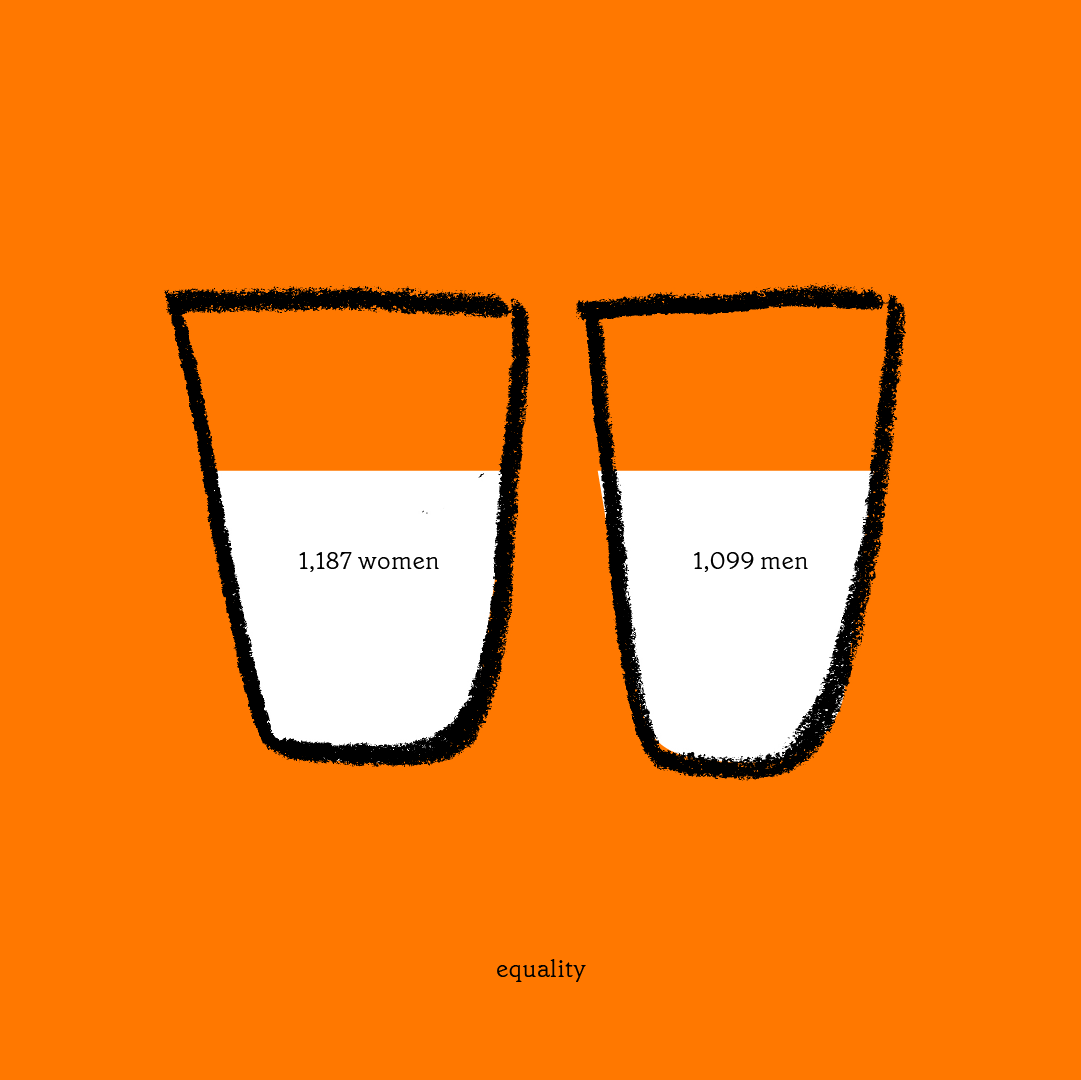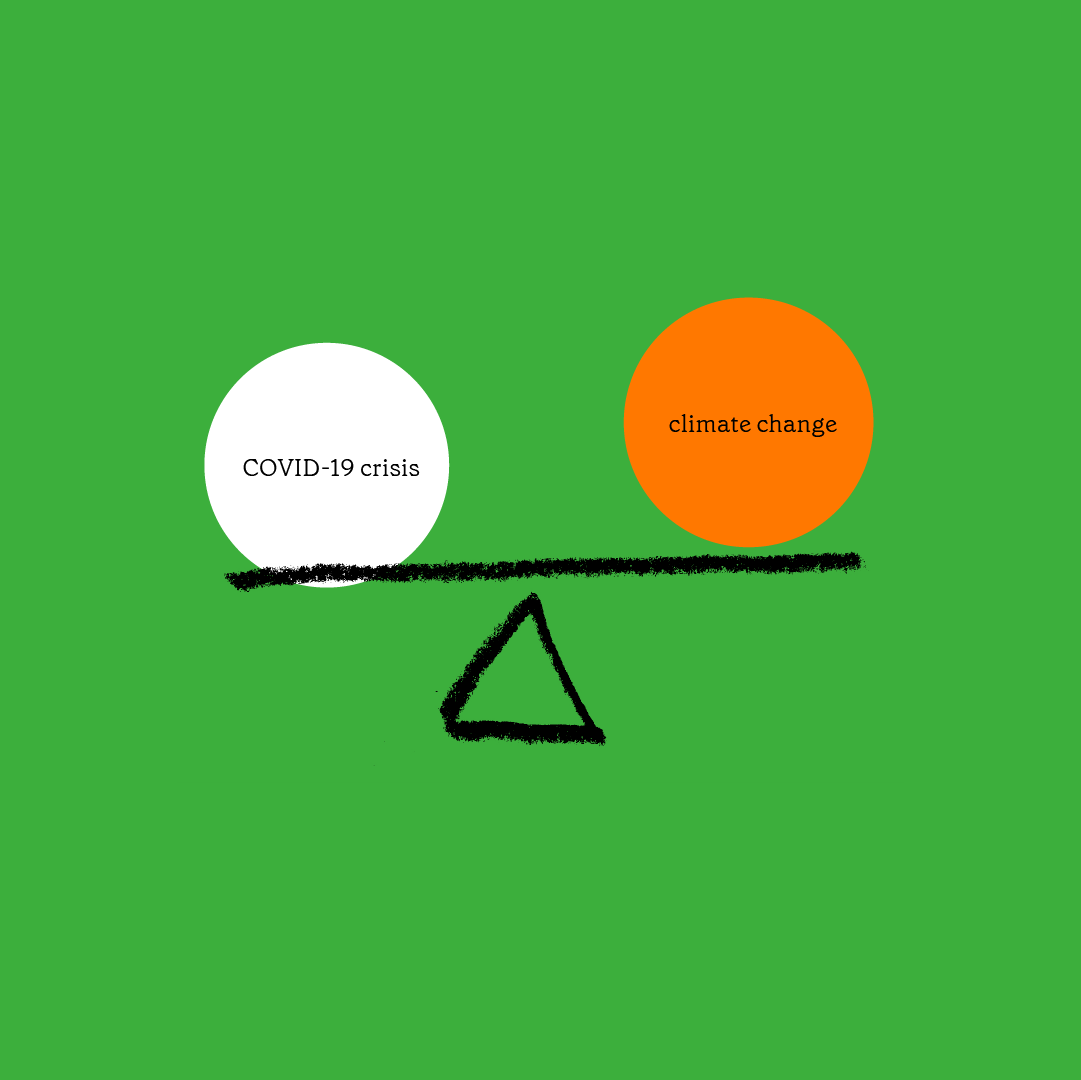Our broad commitment to sustainability is embodied in our Green Company strategy, in which we integrate sustainability into our business through three pillars: Green (Planet), Health (Product), Social (People). To meet the expectations of our stakeholders and ensure long-term profitability, each
pillar of the strategy has different plans and projects.
Social: People
At Importaco, we are firmly committed to improving the lives of all the people who have a link with the company. To this end, we focus on human rights and the ethical principles that must guide the business in a responsible manner throughout the entire value chain.
Health: Product
This line of work reinforces Importaco’s commitment to offer responsible, competitive and high-quality products. To this end, we integrate environmental, social and good governance criteria in the design and development of our products, while striving to improve our formulations so that they are aligned with the health requirements of today’s increasingly demanding society.
Green: Planet
At Importaco, we are committed to protecting nature with the motto “produce more with less”. This could not be achieved without everyone’s involvement, a commitment to the circular economy and a reduction in the consumption of natural resources and greenhouse gas emissions.








